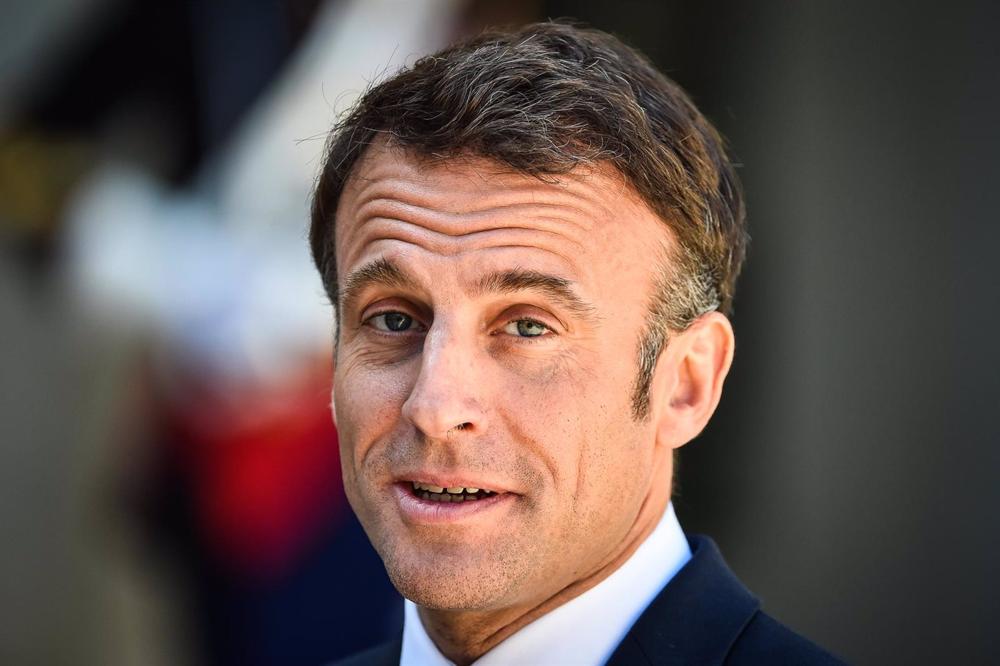
The European Union considers that the law with which the United States wants to reduce inflation, which includes 430,000 million dollars, mostly aid for class sectors such as the automobile industry, is an «unacceptable» discrimination for the European industry, so this Monday they claim to Washington to be exempted as is the case of Canada and Mexico.
«It is extremely protectionist towards EU exports and we have to clarify it,» said the Czech Republic’s deputy prime minister and trade minister, Jozef Síkela, whose country holds the rotating presidency of the European Union, on his arrival at a ministerial meeting of the EU-27 in Prague.
During lunch, U.S. Trade Chief Katherine Tai joined the European ministers to discuss bilateral relations, and in that context the bloc made clear that they consider the new law’s discrimination against the EU «unacceptable,» Síkela and European Commission economic vice-president Valdis Dombrovskis told a press conference afterwards.
Both have made it clear that the European Union aspires to obtain an exemption «at the same level» as the safeguards offered to Canada and Mexico, although the Czech minister said he is aware that this is the «starting point» ambition and that it remains to be seen how the negotiation evolves.
Other countries such as Japan and South Korea view the provisions of the US aid package with the same doubts as EU partners, according to Dombrovskis, who asked to give time to the working group recently created by Brussels and Washington to «seek solutions» to the situation.
Already last week, the EU vice president told a press conference in Brussels that the EU-27 view with concern the provisions of the new legislative framework against inflation in the United States, while warning that they are «strategic partners» and «there is no reason» for such «discriminatory» barriers to be applied to Europeans.
Approved this summer, for the European executive, the U.S. program discriminates against foreign vehicle manufacturers with respect to U.S. ones and is incompatible with the rules of the World Trade Organization (WTO), although it wants to exhaust the avenues of dialogue before thinking of resorting to the multilateral body.
«At the moment, we are focused on negotiating a solution rather than considering other options,» the EU official said, avoiding specifying whether Brussels is already studying possible actions within the framework of the WTO if talks with the Americans fail.
For the time being, the working group created ‘ad hoc’ last week by the United States and the European Union to deal with these tensions will hold its first meeting this Friday by telematic means, according to what Community sources have specified to Europa Press.






